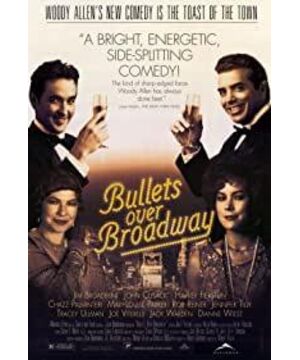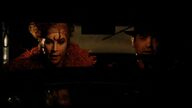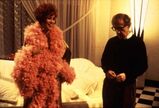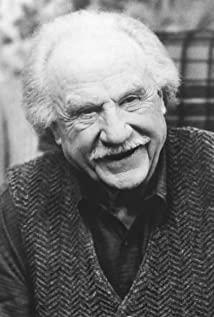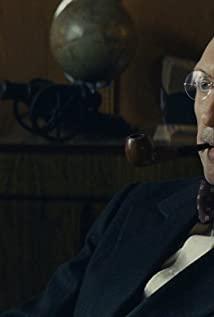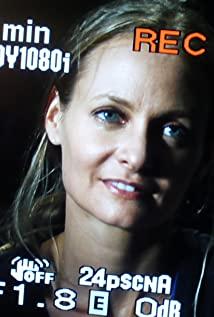At the end of the film, Cheech used his life to practice the pursuit of art, and David understood his "incompetence". He left the applause stage and found his girlfriend and said, "But I can be sure of two things. One is me. Love you, second, I am not an artist." The audience walked out of the theater, feeling sad about the death of the theater genius Cheech, and wishing that the "Mediocre" David would have a dull and happy life despite his lack of talent.
However, is David really mediocre? Cremo and Naboni once pointed out: "These films contain internal criticism. The film splits at the rift. If someone interprets the film obliquely, looking for the symptoms; if it goes beyond the surface, it is clear and coherent. , You will find that the film is full of cracks: it splits under a kind of internal tension, which does not seem to be seen in ideologically harmless films." From the beginning of the film, the famous producer Julian Marx Said to David: "Your drama is very good, interesting, and very ironic." But Cheech thought the drama was rubbish and offered his own opinions. Everyone, including Marx and his girlfriend, said it was a good idea after hearing it. David followed everyone's suggestions and asked Cheech's opinions. Following the plot, the audience is naturally brought into the narrative of the film. Just as Althusser said in his understanding of ideology, individuals are recruited as subjects-the audience is distinguished and identified as subjects during the viewing process. Confirmed, the audience agreed with Cheech's genius and David's incompetence. What the film expresses on the surface is: listen to everyone's opinions, discover your own "real value", do what you should do, do your own duty, and don't think about things that don't belong to you. At the end of the movie, cheech, the bodyguard, died, and David returned to square one. However, the inner contradiction of ideology reveals the opposite side: Don't let yourself be lost by others' trivialities, keep a clear understanding of the "mainstream" of society and always keep your own voice. David is the real genius. Although his works are not pleasing, they are full of accusations and satires of reality, and they are profound. And cheech is just a master of pantomime, a person who can write works that everyone likes.
Whether David gave up himself in order to become famous, that is, the question of self-identification is the contradiction center of the film, and this proposition is subject to a hidden text-the dilemma between the mainstream of the society and the marginal choice. Lukács believes that after the development of commodity production into a capitalist society, materialization, as a dominant force above the entire society, has penetrated into the deep structure of society and personal life. The capitalist commodity economy continues to develop, and people are increasingly alienated-symbolized and objectified, and lack the ability to criticize and transcend. The opposing structure of "genius/mediocrity" is what must be faced in this dilemma, whether to refuse to materialize or to go to the crowd. David appeared as a genius in play, and ended up as a mediocre who chose to live and abandon art. During the period, he did not question and resist hard, but in the end he completed the capitalist commodity with his "clear" understanding and abandonment of himself. Silent and powerful questioning in all aspects of the economy.
How can we always reject human alienation in an increasingly materialized society, always maintain our own ideas and voice, and stay away from David's tragedy, is still a very serious issue.
View more about Bullets Over Broadway reviews


